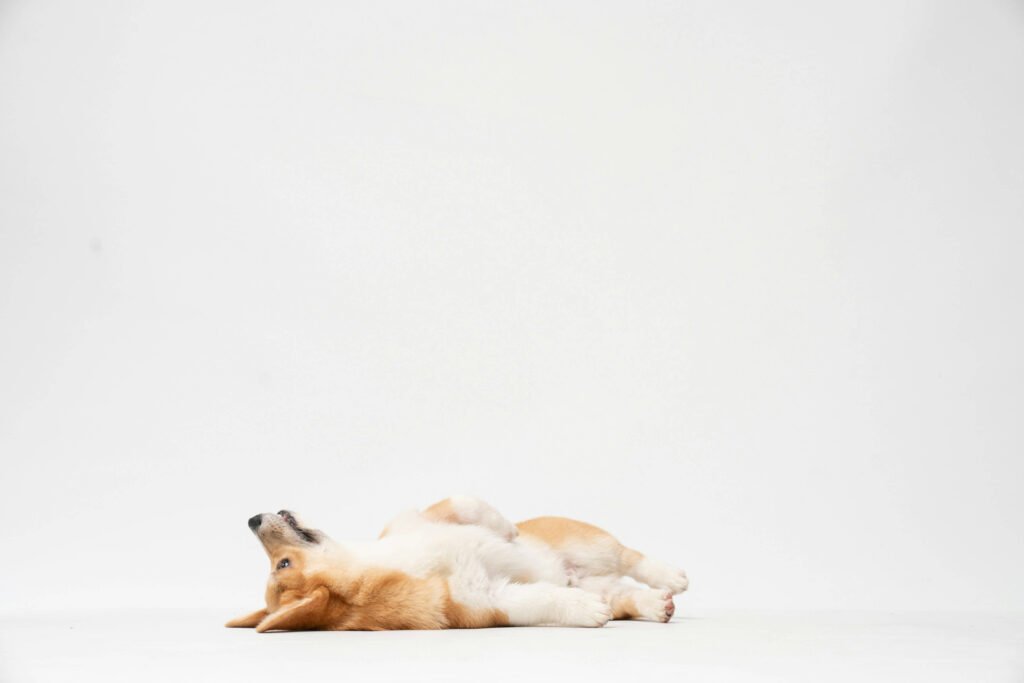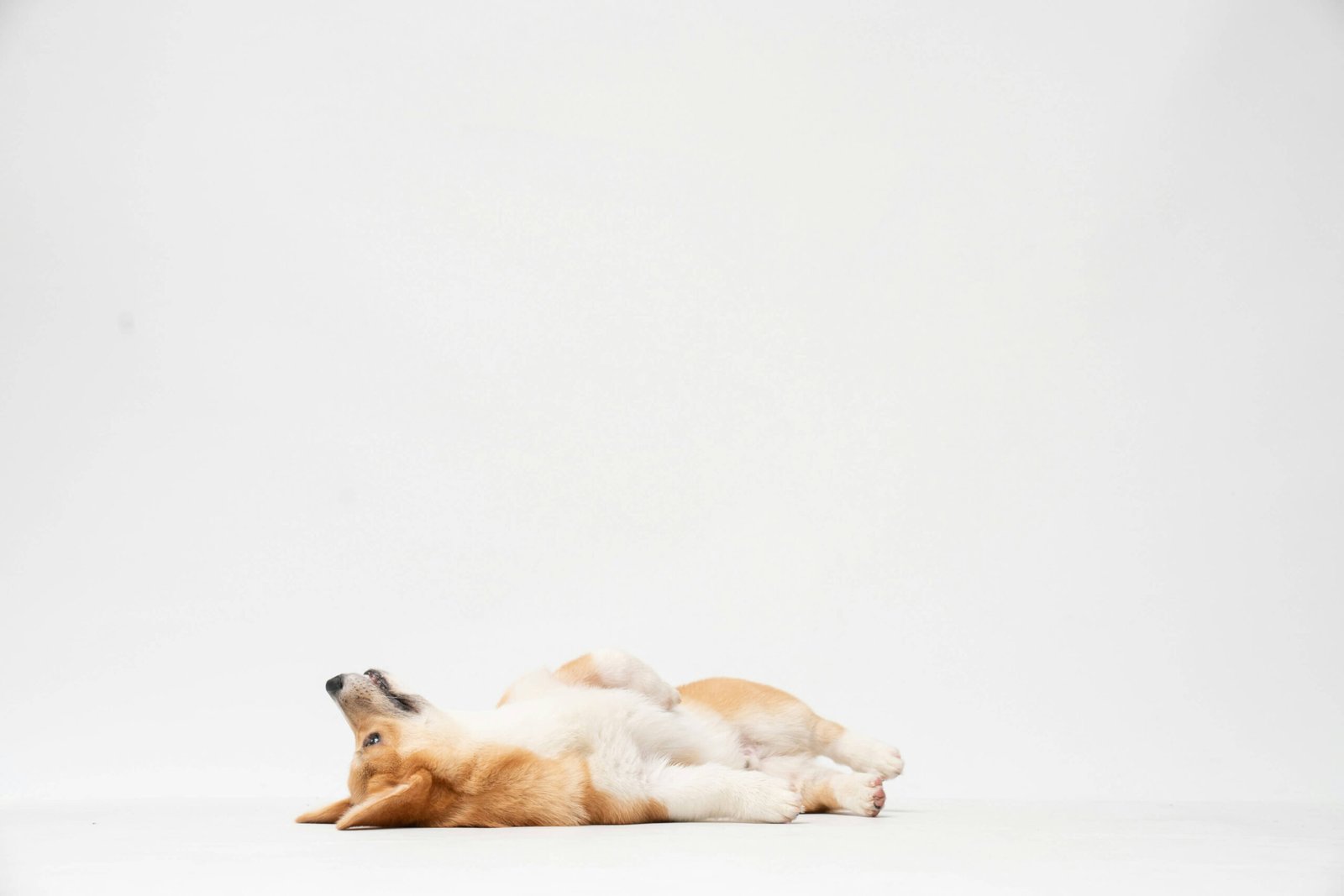How to Wash Dog Toys: A Guide to Keeping Your Pup’s Playthings Clean
Dog toys are more than just fun—they’re essential tools for mental stimulation, physical exercise, and bonding with your furry friend. However, over time, these beloved playthings can accumulate dirt, germs, and unpleasant odors. Washing dog toys regularly is crucial not only for maintaining hygiene but also for ensuring your dog stays healthy and happy. Whether you’re dealing with plush toys, rubber chewables, or interactive puzzles, this guide will walk you through the best methods to keep them clean and safe. Let’s dive into expert tips and techniques to make washing dog toys a breeze!
Why Washing Dog Toys Is Important
Regularly cleaning your dog’s toys is about more than just aesthetics—it plays a vital role in your pet’s health and well-being. Here’s why keeping those toys squeaky clean matters.
Prevent Bacterial Growth:
Saliva and dirt on toys create a breeding ground for harmful bacteria that could affect your dog’s health.Reduce Allergens and Odors:
Dirty toys can harbor allergens and develop unpleasant smells, making playtime less enjoyable for both you and your pup.Extend Toy Lifespan:
Proper cleaning helps maintain the quality of toys, preventing premature wear and tear.Promote Good Hygiene Habits:
Cleaning toys sets a standard for cleanliness in your home, benefiting both pets and humans.Support Dental Health:
Clean toys reduce the risk of transferring germs that could contribute to dental issues like plaque buildup.
By incorporating regular toy cleaning into your routine, you ensure a safer and more hygienic environment for your dog.

Why Washing Dog Toys Is Important
Regularly cleaning your dog’s toys is about more than just aesthetics—it plays a vital role in your pet’s health and well-being. Here’s why keeping those toys squeaky clean matters.
Prevent Bacterial Growth:
Saliva and dirt on toys create a breeding ground for harmful bacteria that could affect your dog’s health.Reduce Allergens and Odors:
Dirty toys can harbor allergens and develop unpleasant smells, making playtime less enjoyable for both you and your pup.Extend Toy Lifespan:
Proper cleaning helps maintain the quality of toys, preventing premature wear and tear.Promote Good Hygiene Habits:
Cleaning toys sets a standard for cleanliness in your home, benefiting both pets and humans.Support Dental Health:
Clean toys reduce the risk of transferring germs that could contribute to dental issues like plaque buildup.
By incorporating regular toy cleaning into your routine, you ensure a safer and more hygienic environment for your dog.
Check this guide 👉How to Make Dog Toys Out of Shirts: Best 7 Expert Tips!
Check this guide 👉Why Do Dog Toys Squeak? Best 7 Expert Tips!
Check this guide 👉How to Teach Your Dog to Clean Up Toys: Best 7 Tips!
Cleaning Methods for Dog Toys | Best Practices for Each Method |
|---|---|
Machine Washing | Use a gentle cycle and mild detergent; avoid bleach. |
Hand Washing | Scrub with warm, soapy water; focus on hard-to-reach areas. |
Dishwasher Cleaning | Opt for low heat and skip detergent for non-plush items. |
Vinegar Soak | Mix equal parts water and vinegar; soak for 10 minutes. |
Microwaving | Safe only for microwave-friendly toys; heat for 30-60 seconds. |
Tips for Maintaining Clean Dog Toys Long-Term
Keeping your dog’s toys clean doesn’t have to feel like a chore. With a few proactive strategies, you can simplify the process and keep toys fresh between washes.
Rotate Toys Regularly:
Introduce a rotation system to limit the number of toys out at once, reducing clutter and making cleaning easier.Inspect for Damage:
Before washing, check toys for tears, sharp edges, or loose parts that could pose safety risks during play.Use Natural Cleaning Solutions:
Opt for eco-friendly options like baking soda or vinegar instead of harsh chemicals that might irritate your dog’s skin.Clean After Outdoor Play:
If toys get muddy or wet outside, clean them immediately to prevent stains or mold growth.Store Toys Properly:
Keep cleaned toys in a designated bin or basket to protect them from dust and additional dirt.
These habits make toy maintenance manageable and help preserve the life of your dog’s favorite playthings.
Signs It’s Time to Replace a Dog Toy
Even with proper care, dog toys won’t last forever. Knowing when to replace them ensures your dog’s safety and prevents potential hazards.
Excessive Wear and Tear:
Toys with significant fraying, holes, or missing pieces should be discarded to avoid choking risks.Unpleasant Odors That Won’t Go Away:
If a toy retains foul smells despite thorough cleaning, it’s time to say goodbye.Sharp Edges or Broken Parts:
Damaged toys can injure your dog’s mouth or paws, so replace them promptly.Loss of Functionality:
Squeakers that no longer work or puzzle toys that fall apart may lose their appeal and usefulness.Age of the Toy:
Older toys, even if intact, may harbor germs that are harder to eliminate over time.
Replacing worn-out toys keeps playtime safe and exciting for your furry companion.
Common Mistakes to Avoid When Cleaning Dog Toys
While washing dog toys is straightforward, certain mistakes can compromise their safety and longevity. Being mindful of these pitfalls ensures better results.
Using Harsh Chemicals:
Strong cleaners can leave residues that irritate your dog’s skin or digestive system if ingested.Skipping Rinsing Steps:
Failing to rinse toys thoroughly can leave soap or cleaning solution behind, which may upset your dog’s stomach.Overlooking Small Details:
Neglecting seams, crevices, or hidden compartments allows dirt and bacteria to linger.Air-Drying Improperly:
Storing damp toys in closed containers can lead to mold growth. Always dry toys completely before storage.Ignoring Manufacturer Guidelines:
Some toys require special care—always follow instructions to avoid damage.
Avoiding these errors ensures your efforts yield safe and effective results.
Eco-Friendly Ways to Clean Dog Toys
For environmentally conscious pet owners, eco-friendly cleaning methods offer sustainable alternatives to traditional approaches. These green solutions are safe for both pets and the planet.
Baking Soda Paste:
Make a paste with baking soda and water to scrub away dirt and neutralize odors naturally.White Vinegar Solution:
Combine equal parts vinegar and water for a non-toxic disinfectant that breaks down grime effectively.Reusable Cleaning Cloths:
Swap disposable paper towels for reusable cloths to reduce waste during the cleaning process.Biodegradable Detergents:
Choose plant-based detergents free of synthetic fragrances and dyes for machine-washable toys.Sunlight Disinfection:
Let toys air-dry in direct sunlight, which naturally kills germs and eliminates odors.
These eco-conscious practices align with sustainable living while keeping your dog’s toys clean.
Fun Ways to Involve Your Dog in Toy Maintenance
Incorporating your dog into the toy-cleaning process can turn this chore into a bonding activity. Here are some creative ideas to engage your pup.
Supervised Bath Time Cleanup:
Allow your dog to splash around while you wash waterproof toys in the tub—a fun way to multitask!Reward Participation:
Offer treats or praise when your dog cooperates by staying nearby or handing over toys.Teach “Fetch the Toy”:
Train your dog to retrieve specific toys for cleaning, turning it into a game of obedience.Post-Cleaning Play Session:
Celebrate freshly cleaned toys with an energetic play session to reinforce positive associations.DIY Toy Rotation Ritual:
Let your dog “pick” which toys go back into rotation after cleaning, giving them a sense of involvement.
These playful interactions transform a mundane task into a joyful experience for both you and your dog.
Frequently Asked Questions About Washing Dog Toys
How often should I wash my dog’s toys?
Ideally, wash soft toys weekly and hard toys bi-weekly, depending on usage.
Can I put dog toys in the dishwasher?
Yes, durable plastic or rubber toys can be washed in the dishwasher on the top rack without detergent.
What if my dog’s toy has a strange smell after washing?
Try soaking the toy in a mixture of vinegar and water, then rinse thoroughly.
Are homemade cleaning solutions safe for dog toys?
Yes, mild soap and water or vinegar-based solutions are generally safe options.
Should I throw away damaged toys?
Absolutely. Damaged toys can pose choking hazards and should be replaced promptly.
Making Toy Cleaning Part of Your Routine
Washing dog toys might seem tedious, but it’s an essential part of responsible pet ownership. By understanding the importance of cleanliness, learning proper cleaning techniques, and adopting good maintenance habits, you can keep your dog’s toys safe, hygienic, and ready for endless fun. Remember, a clean toy is a happy toy—and a happy toy means a happy dog. With these tips in mind, you’ll create a healthier, more enjoyable play environment for your four-legged friend.
Pemphigus Erythematosus in Cats: Best 7 Expert Tips! – Learn to recognize symptoms, manage flare-ups, and improve your cat’s quality of life.
Pemphigus Erythematosus in Dogs: Best 7 Expert Tips! – Discover causes, symptoms, and treatment options to manage this autoimmune skin condition effectively.
Cat Tympanic Membrane: Best 7 Expert Tips! – Learn how to protect your cat’s eardrum, spot issues early, and ensure lifelong auditory health.
Dog Tympanic Membrane: Best 7 Expert Tips! – Learn how to protect your dog’s eardrum, spot issues early, and ensure lifelong ear health with expert advice.





